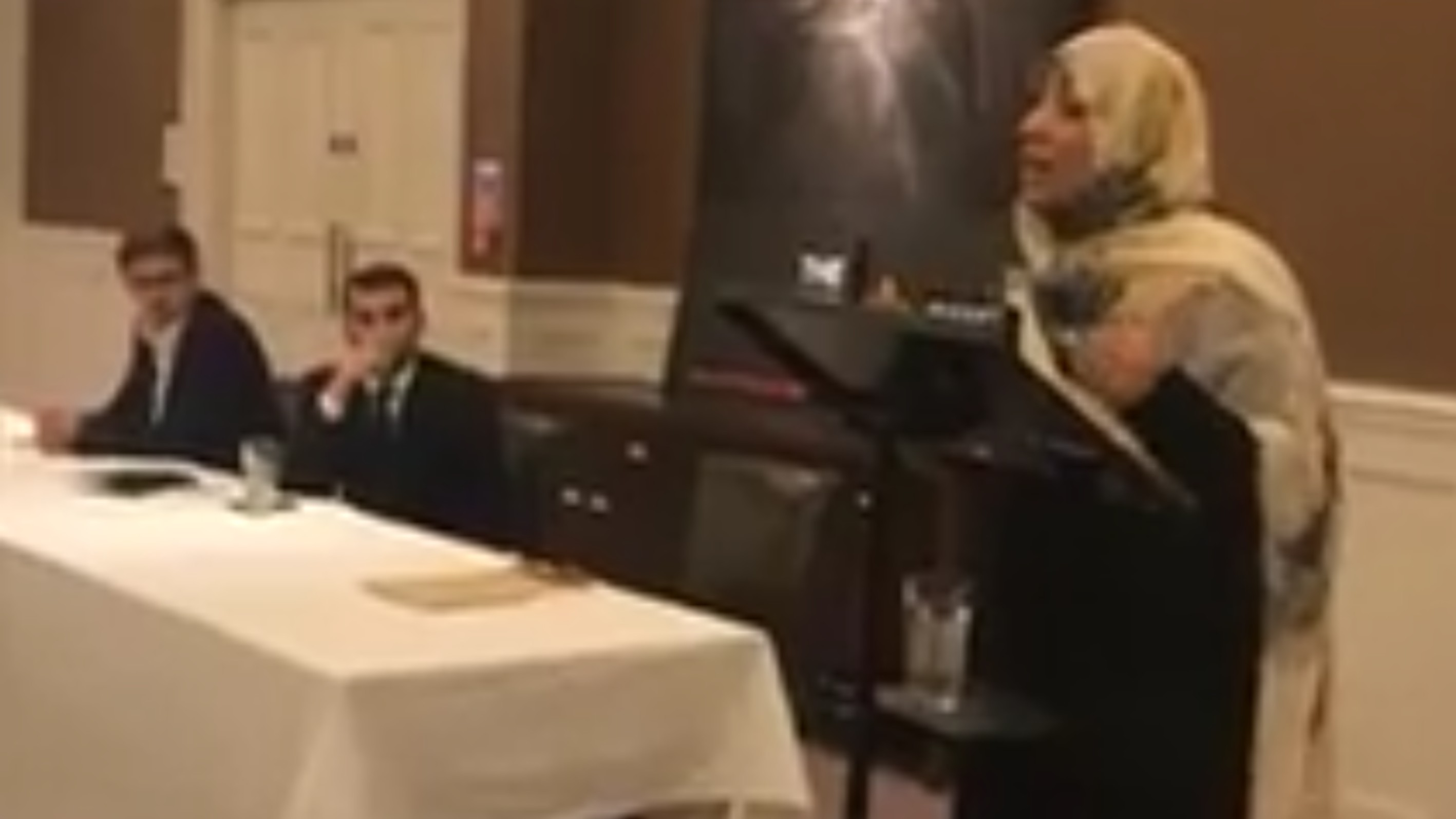News

Yemen is between hammer of fascist coup and anvil of self-centered coalition, says Nobel laureate
Yemen has been between the hammer of an Iranian-backed sectarian fascist coup, which claims the divine right to rule the others, and the anvil of an Arab coalition that works only for its own interests, exploiting Yemen's vulnerability, said Nobel Peace laureate and human rights activist Tawakkol Karman.
In a lecture entitled "What's going on in Yemen?" at Scotland’s first University of of St Andrews, Karman has called the international community to achieve a courageous and real peace that guarantees the restoration of the state and its institutions and commitment to UN Security Council Resolutions, puts an end to the coup and accomplishes a comprehensive national reconciliation.
“Any search for temporary solutions, however, is nothing but a trickery because the pain will continue and the war will widen and intensify,” she emphasized.
She noted that state employees have been unpaid for a year, diseases and epidemics have spread across the country and electricity and health care services have severely declined after three years of war that has devastated almost everything.
She also hinted that Yemen is suffering from the military coalition led by Saudi Arabia, which has intervened militarily in Yemen in order to regain the state from the coup, pointed out that a coalition member has been backing and financing militias in Yemen, setting up secret prisons to torture those whoever opposes it.
“To get out of this hellish cycle, we must first restore the state and activate its institutions. Yemen could never live under false peace. Militias must be disarmed, and human rights violators and those involved in war crimes must be brought to international justice”, she explained.
The Nobel laureate stressed that any roadmap, initiative or proposals to solve the conflict and end the war in Yemen must ensure that its strategic objective is to establish a state, which has the exclusive right to possess weapons and extend its control and sovereignty over the entire national territory.
With regard to building lasting peace in Yemen, she affirmed that parties have to agree on a clear roadmap that should take into account agreements reached during the transition period and UNSC resolutions including the resolution 2216.
Mrs. Karman concluded by saying, “Yemen deserves peace, and deserves to take its place among nations, especially when its ancient past and its people’s spirit being filled with longing for the future tell us that it does neither break nor bow down.”
